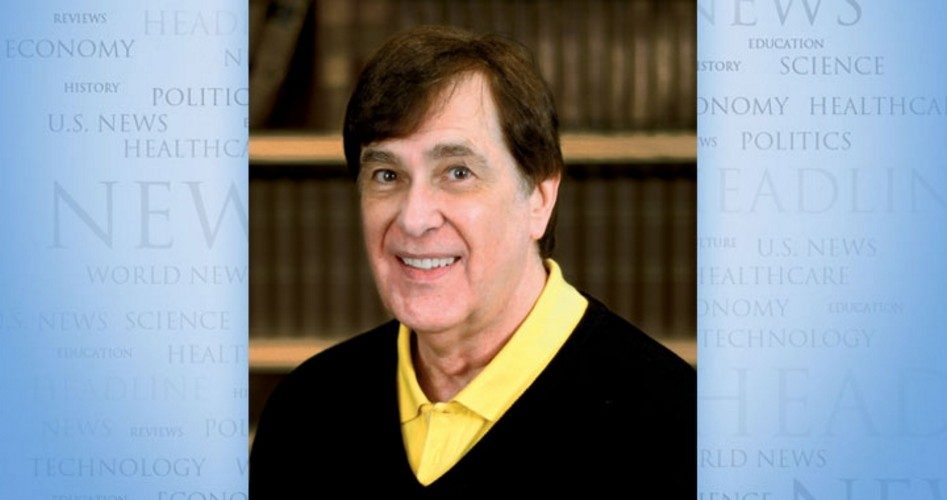
When the fight started against Agenda 21, those of us working to expose it were largely ignored by the main stream media and even the established Conservative movement and its media. Too far out there, they said, to be taken seriously.
Then, as more and more Americans began to experience the dire effects of Sustainable Development in their daily lives, suddenly our message began to take hold. Today, thousands of Americans have taken up the fight. And anti-Agenda 21 activists are storming planning meetings, demanding answers. State legislatures and even some county and city governments are passing legislation against it. It seems the Agenda 21 fight is everywhere.
So, now, proponents of the Sustainable Development policy are alarmed and working feverishly to counter our claims that such controls over local development and energy policy have their roots in international policy; in particular, our claims that these planning policies come from the UN’s Agenda 21 that was introduced to the world at the Earth Summit in Rio in 1992.
Their most often-used description of Agenda 21 is an “innocuous, 20-year-old document that has no enforcement power.” Continuously we hear that local planning programs, especially from such groups like the American Planning Association (APA), have no connection to Agenda 21 or the UN. It’s all local — or as the APA says in its document, “Glossary for the Public,” “There is no hidden agenda.” In its “Agenda 21: Myths and Facts” document found on the APA website, the group goes to extreme measures to distance itself and its policies from Agenda 21, specifically saying “The American Planning Association has no affiliation regarding any policy goals and recommendations of the UN.”
Well, then it would be interesting to hear the APA explain information found in one of its own documents from 1994. The document was an APA newsletter to its members in Northern California (San Francisco Area). The article was a commentary entitled “How Sustainable Is Our Planning?” by Robert Odland. It was written just two years after the UN Earth Summit at which Agenda 21 was first introduced to the world. The document can be viewed here.
The fifth paragraph of the article says, “Vice President Gore’s book, Earth in the Balance, addressed many of the general issues of sustainability. Within the past year, the President’s Council on Sustainable Development has been organized to develop recommendations for incorporating sustainability into the federal government. Also, various groups have been formed to implement Agenda 21, a comprehensive blueprint for sustainable development that was adopted at the recent UNCED conference in Rio de Janeiro (the “Earth Summit.”)
In one paragraph, this document brings together the APA, Agenda 21, the UN’s Earth Summit, Al Gore, Sustainable Development, the President’s Council on Sustainable Development, and NGO groups with the mission of implementing Agenda 21 and the description of Agenda 21 as a “comprehensive Blueprint” for Sustainable Planning. It sounds like it came verbatim from one of my speeches!
A couple of paragraphs higher in the article, it says, “A common misconception is that sustainability is synonymous with self-sufficiency; on the contrary, sustainability must recognize the interconnections between different levels of societal structure.” That “societal structure” is “social justice,” as described in Agenda 21. A visit to the PlannersNetwork.org, of which the APA is a member, will find in its Statement of Principles this quote: “We believe planning should be a tool for allocating resources … and eliminating the great inequalities of wealth and power in our society … because the free market has proven incapable of doing this.”
The United Nations blatantly advocates that Capitalism and private property rights are not sustainable and pose the single greatest threat to the world’s ecosystem and social equity. And, while sometimes using different words, the APA is helping communities across the nation enforce these ideas, while swearing it is all a local idea, designed from local input.
As George Orwell masterfully put it in his epic novel Animal Farm, it’s become difficult to see the difference between the pigs and the farmers — or the APA and the UN.
Sustainable Development is not implemented in the open, as the APA claims, but in back rooms filled with the proper NGO organizations, which surround your elected officials and pressures their actions. In that way it is changing our American society and form of government, making government more powerful and more invasive in our daily lives. Sustainability is anti-free enterprise, anti-private property, and anti-individual — and that’s why we oppose it.
View this article on our web site: http://americanpolicy.org/2013/06/05/here-it-is-the-smoking-gun/
Tom DeWeese is one of the nation’s leading advocates of individual liberty, free enterprise, private property rights, personal privacy, back-to-basics education and American sovereignty and independence. Go to americanpolicy.org for more information
Tom DeWeese’s new book is now on Amazon! Click here for more information


